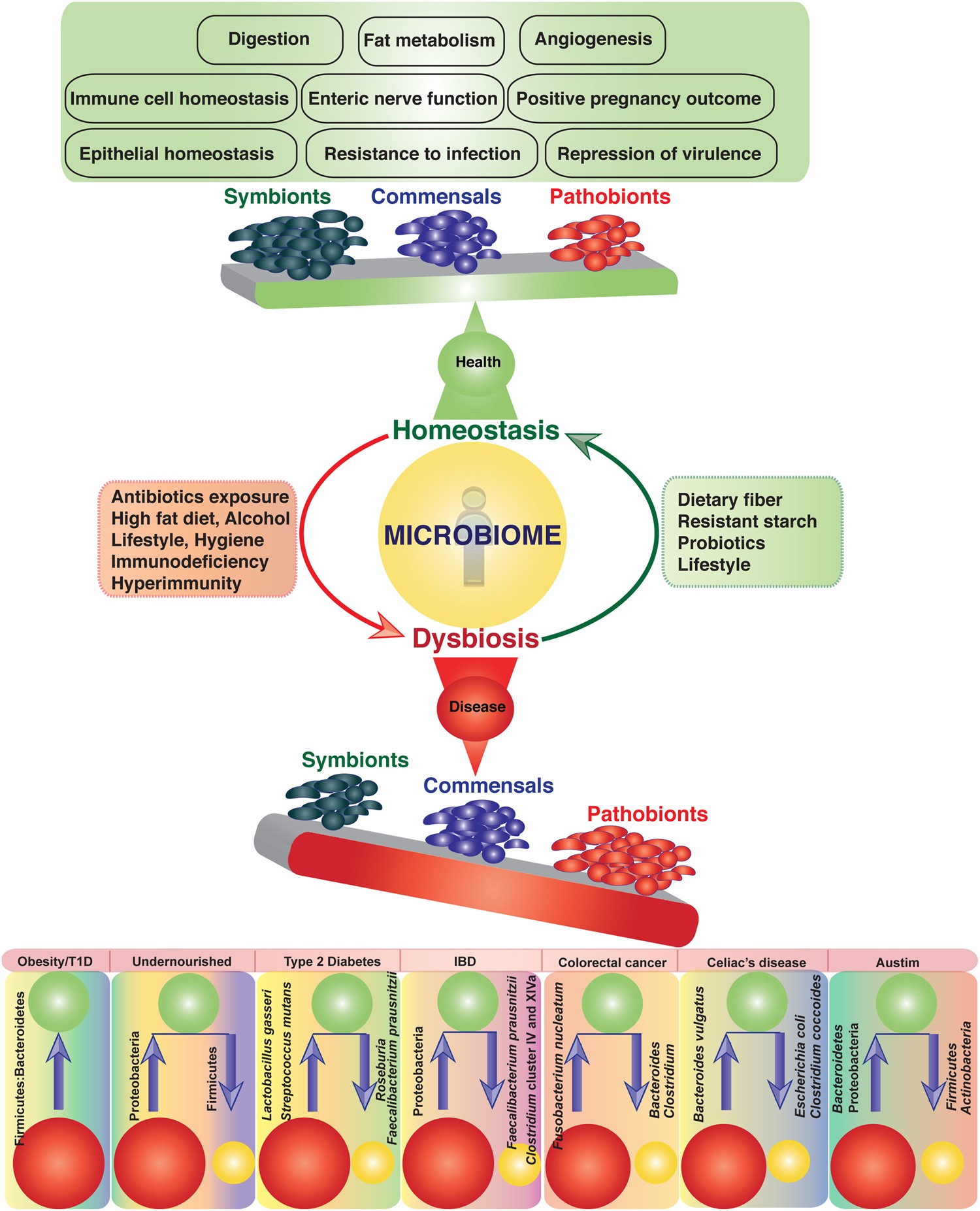In recent years, the word “microbiome” has gained significant attention in the health and wellness world. But what exactly is the microbiome, and how can understanding it help improve your health? What is the microbiome test? A microbiome test provides information about the trillions of microorganisms living in and on your body. In this article, we’ll explore what is a microbiome test. How a microbiome test works, and why this microbiome test might be essential for your health.
What is the Microbiome?
The microbiome is the collection of trillions of microorganisms, including bacteria, fungi, viruses, and other microbes. These microbes live inside your body. These microorganisms are found in various body parts, including the gut, the skin, the mouth, the respiratory tract, and more. While many of these microbes are beneficial and crucial to overall health, some microbes can be harmful if they grow out of balance (Research).
What is a Microbiome Test ?
A microbiome test analyzes the DNA of microbes to identify specific bacterial strains and assess their abundance. In simple terms, a microbiome test analyzes the composition and population of the microbes, particularly the gut microbes. The microbiome test is essential in case of irregularities and health issues involved in digestion, immunity, metabolism, and mental health.
The key components that a microbiome test measures:
- Microbial Diversity: A healthy microbiome typically exhibits high diversity. A balanced microbiome has a wide range of beneficial microbes, that support digestion, immunity, and overall well-being.
- Gut Health: Your gut microbiome is very important, as it influences digestion, nutrient absorption, and immune system function. An imbalance, known as dysbiosis, can lead to digestive issues, inflammatory conditions, and even chronic diseases.
How Does a Microbiome Test Work?
A microbiome test is a simple and non-invasive process.
- Sample Collection: Most microbiome tests require a stool sample, as this is the best way to collect microorganisms from the gut. Some tests may also use samples from saliva, skin, or the mouth, depending on the focus of the test.
- DNA Analysis: The sample is sent to a laboratory, where scientists extract DNA from the microbes present in the sample. This DNA is then sequenced to identify the different types of microbes present in your body.
- Interpretation: The results are analyzed to provide insights into the balance and diversity of your microbiome. Some tests will give you a “microbial fingerprint” of your gut, allowing you to see if certain beneficial bacteria are lacking or if there are signs of microbial imbalance.

Image: https://www.nature.com/articles/s41598-018-28550-3
Why Take a Microbiome Test?
A microbiome test can offer valuable insights into various aspects of your health. Here’s why you might consider taking one:
1. Gut Health
The most common reason people take a microbiome test is to assess gut health. An imbalanced microbiome can lead to digestive issues like bloating, constipation, diarrhea, and irritable bowel syndrome (IBS). By understanding the composition of your gut microbiome, you can take steps to restore balance with dietary adjustments, probiotics, or other treatments.
2. Immune System Support
A healthy microbiome plays a critical role in supporting the immune system. By analyzing your microbiome, you can learn more about how well your immune system is functioning and what changes may help improve its performance.
3. Mental Health
Emerging research has shown a connection between gut health and mental well-being, often referred to as the gut-brain axis. The microbiome influences mood, anxiety, depression, and other mental health conditions. A microbiome test may uncover imbalances that could be affecting your mental health and offer insights into how improving gut health can benefit your mind.
4. Personalized Nutrition
By understanding the unique composition of your microbiome, you can make more informed decisions about your diet. Certain microbial populations thrive on specific foods, and dietary changes can help promote the growth of beneficial bacteria. Some tests even provide customized nutrition plans based on your microbiome’s needs.
5. Managing Chronic Conditions
An imbalanced microbiome has been linked to a variety of chronic conditions such as obesity, diabetes, cardiovascular disease, and autoimmune disorders. A microbiome test may provide valuable insights into how your microbial community is impacting your overall health and suggest ways to address underlying issues.
How Can You Improve Your Microbiome After the Test?
After you have the results from your microbiome test, your healthcare provider or nutritionist can recommend personalized strategies to improve your gut health. Here are some common suggestions:
- Dietary Changes: A diet rich in fiber, fruits, vegetables, and fermented foods (like yogurt, kefir, and kimchi) can help nourish beneficial bacteria and promote a healthy gut microbiome.
- Probiotics and Prebiotics: Probiotics (beneficial bacteria) and prebiotics (fiber that feeds beneficial bacteria) can be introduced through supplements or foods like sauerkraut, miso, garlic, onions, and bananas.
- Avoiding Antibiotic Overuse: Overuse of antibiotics can harm the microbiome, so it’s essential to use them only when necessary and as prescribed by your doctor.
A microbiome test provides valuable insights into the complex ecosystem of microorganisms in your body. By analyzing your gut microbiome and other microbial communities, you can uncover imbalances that may be affecting your digestion, immune system, mental health, and overall well-being. Whether you’re experiencing digestive discomfort or simply want to optimize your health, a microbiome test can help you understand your body’s microbial makeup and take steps toward better health.
If you want to learn more about your microbiome and how it impacts your health, consult with dietburrp, or consider taking a microbiome test today. Understanding the microbes within your body can empower you to make informed decisions about your nutrition, lifestyle, and overall health.
www.dietburrp.com (Article Sourced Website)
#Microbiome #Test #Dietburrp
